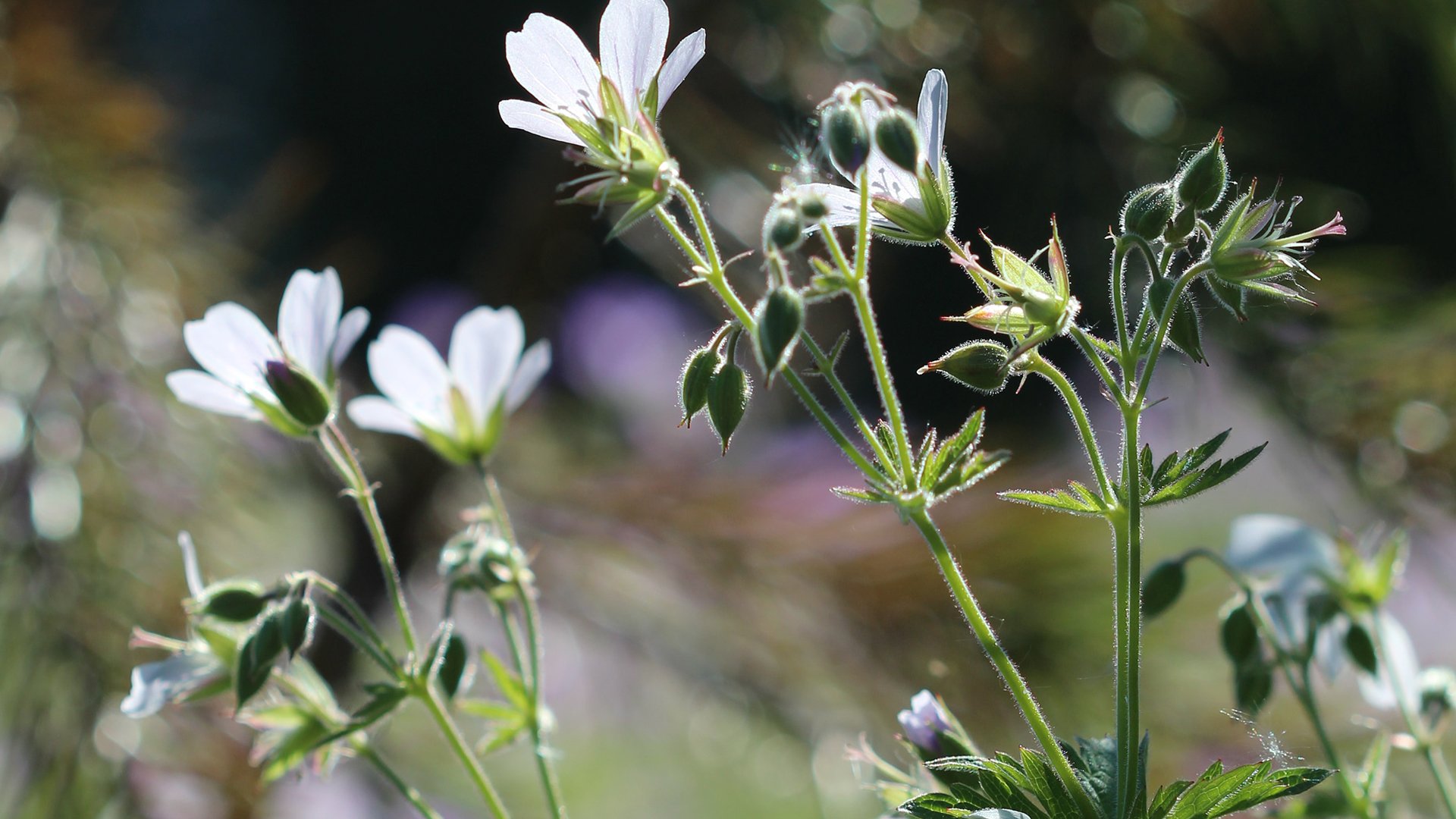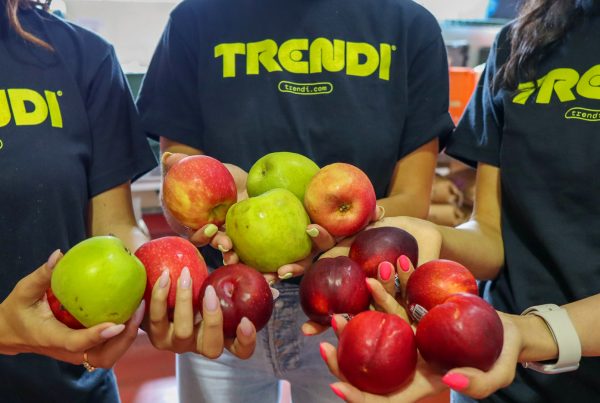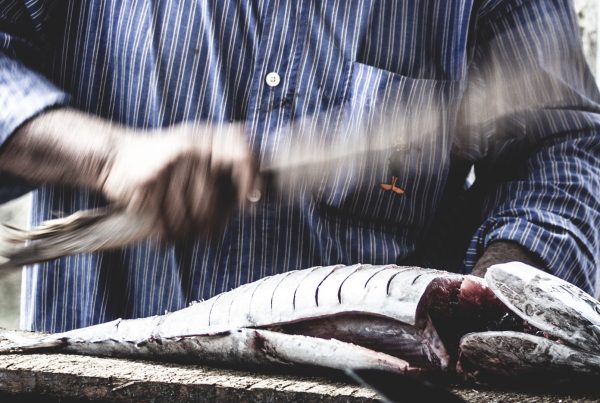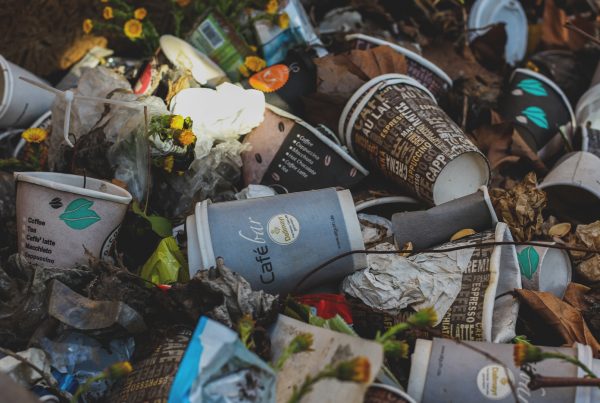Sustainability in the food system sounds like a great topic, right? But what does it really mean? So many conversations are focused solely on climate change, but there’s much more to sustainable food systems than just carbon emissions.
One of those often overlooked topics is biodiversity. As an upcycling company, by reducing food waste, we have an opportunity to reduce agriculture land use and ultimately its negative effect on biodiversity. But it’s a little more nuanced than that.
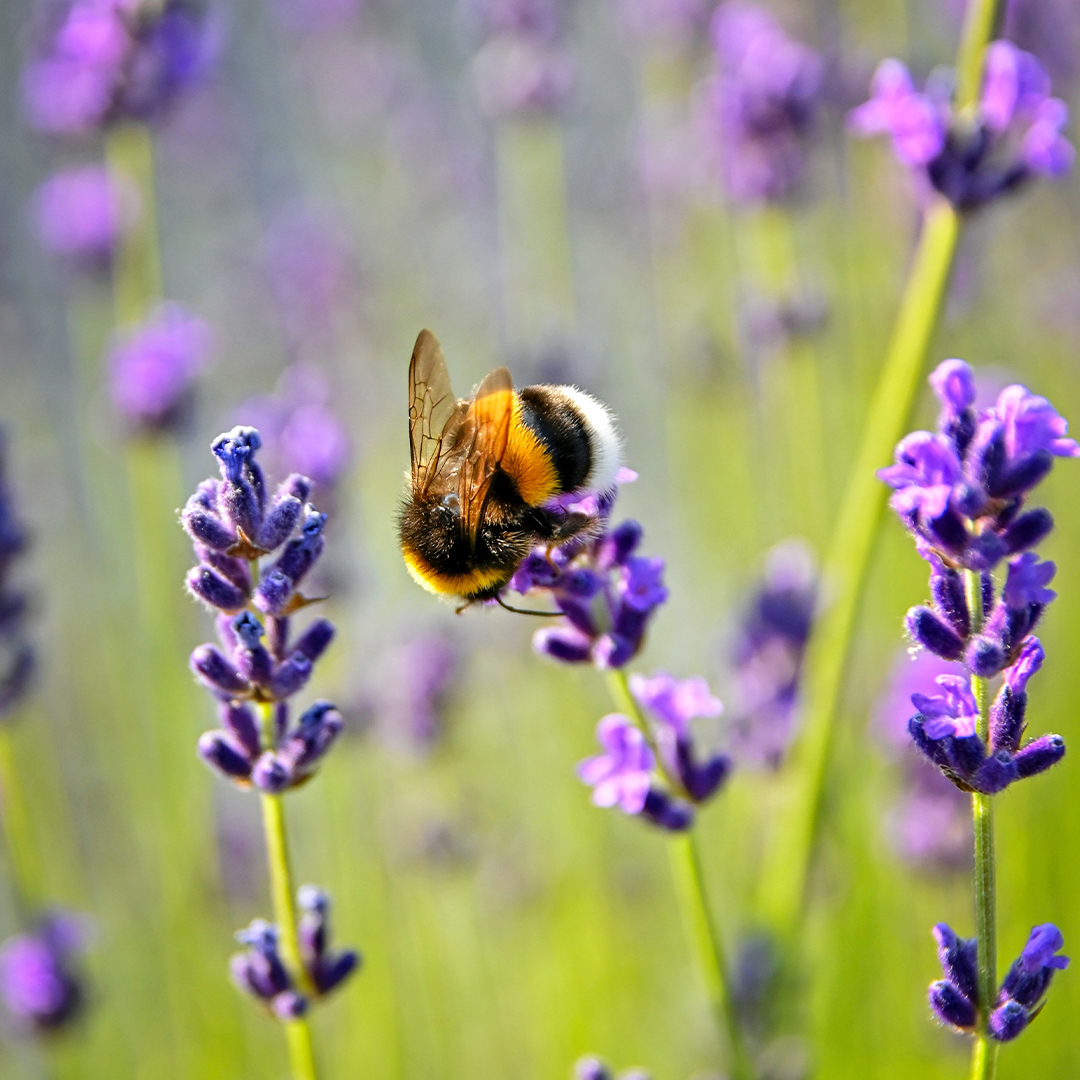
How is Biodiversity Affected by Agriculture?
In any given natural environment, there is an intricate web of interdependence between all the organisms. Plants provide food to several species of animals and even microorganisms. Many of these serve as food for other organisms. Animals that die in the area (or end up there after being eaten) leave nutrients in the soil, which eventually supports future plant life.
Natural systems thrive when there is an abundance of biological diversity (biodiversity), with each organism playing a highly specialised role.
However, when we convert a natural area into farmland, we typically wipe out all the existing webs. Due to our mass production industrialized society, we’ve moved to growing one single crop over acres and acres of land, which eliminates any other plant that might compete for resources. Whatever species are left have to survive the variety of pesticides we use to try to minimise their numbers. As a result, the insects that might naturally pollinate these crops don’t exist in the numbers that are needed for the sudden burst of crops, so farmers may pay top dollar for more efficient pollinators to be shipped in. Of course, once all the plants are pollinated, the local insects may not be able to feed, reducing their numbers further.
On top of all of that, by focusing on a single crop (a monoculture), the farm is left extremely vulnerable to anything that might uniquely damage that crop, such as shifts in weather, illnesses, or an arrival of new and invasive insects. Having a biodiverse range of crops and organisms in the environment helps protect against these vulnerabilities.
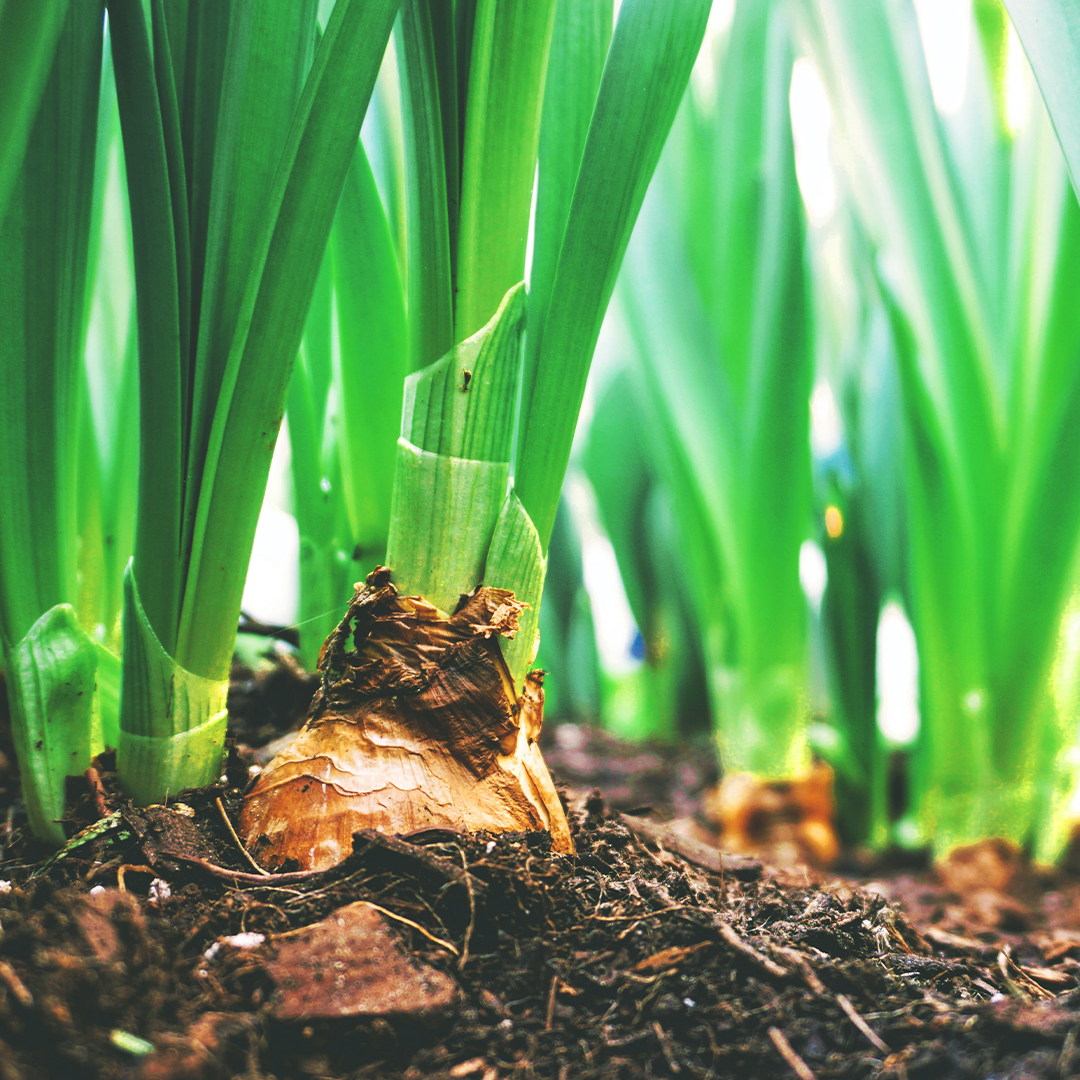
What We’re Doing About It
Now we’ve talked a lot about the challenges with biodiversity on farms, but what does that have to do with Trendi and our mission to eliminate food waste?
At Trendi, we recognize that roughly 15% of all food produced at a farm goes immediately to landfill (or remains unpicked). Not to mention the fact that 40% of food is wasted across the whole supply chain. If nothing changes, we’ll need more land to feed the growing appetite of the world. This would inevitably result in even more land conversion and biodiversity loss. If we’re able to reduce food waste, then (all else being equal) we would need less land for farming, which would leave more biodiverse land untouched.
As much as the food system needs radical change in order to protect biodiversity, it won’t happen overnight. We hope that by rescuing food waste, we can help prevent further land conversion and give farmers more time and resources to investigate regenerative agriculture techniques to improve the biodiversity on their fields.
This is an important topic to us, so it’s something that we want to discuss more with our farm partners. We want to make sure that, whatever we do, we’re doing our best to look at all potential impacts of our operation beyond just carbon emissions.
Article written by:
Brian Lynchehaun, Content Writer
Brian has long been interested in practical solutions to a variety of social justice issues, at the systemic level. With a BA in philosophy he is looking at everything with an interconnected macro lens.

